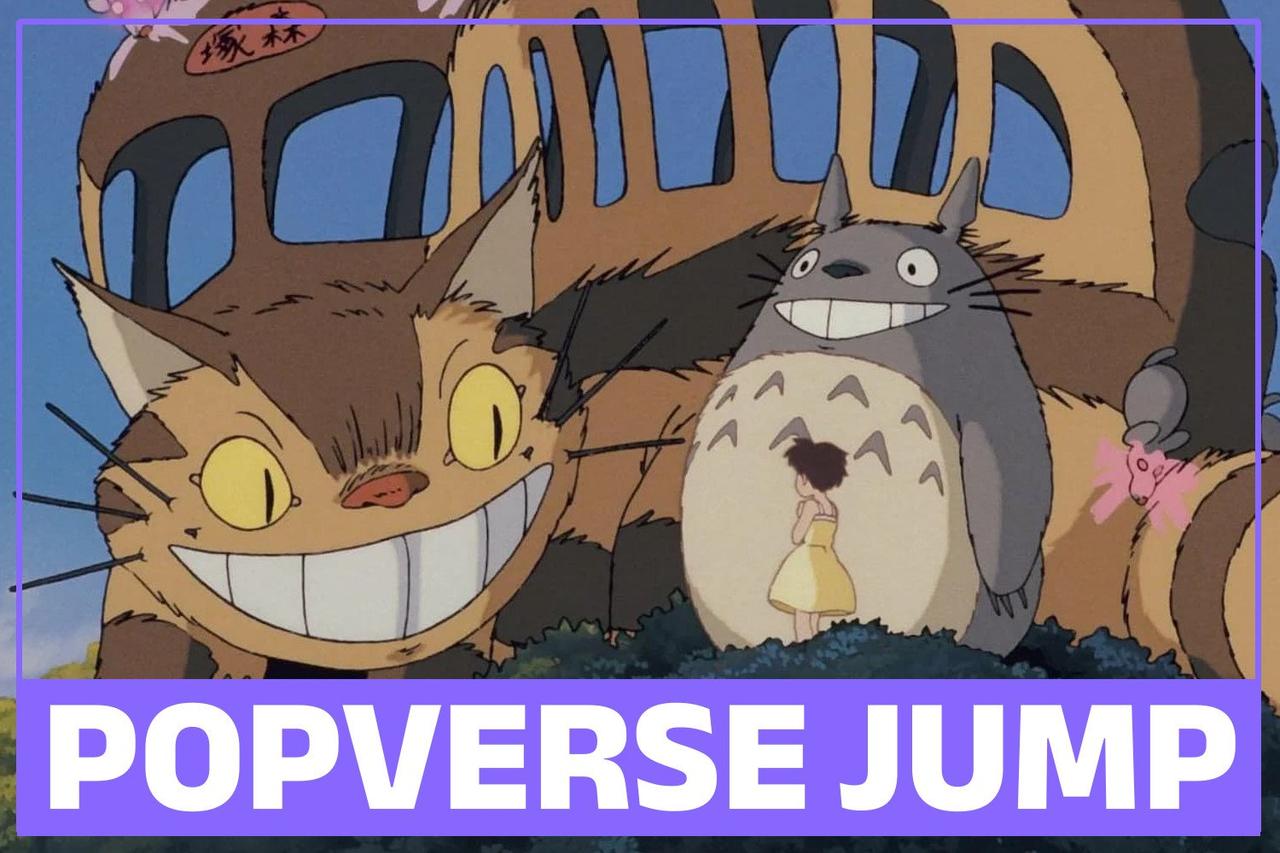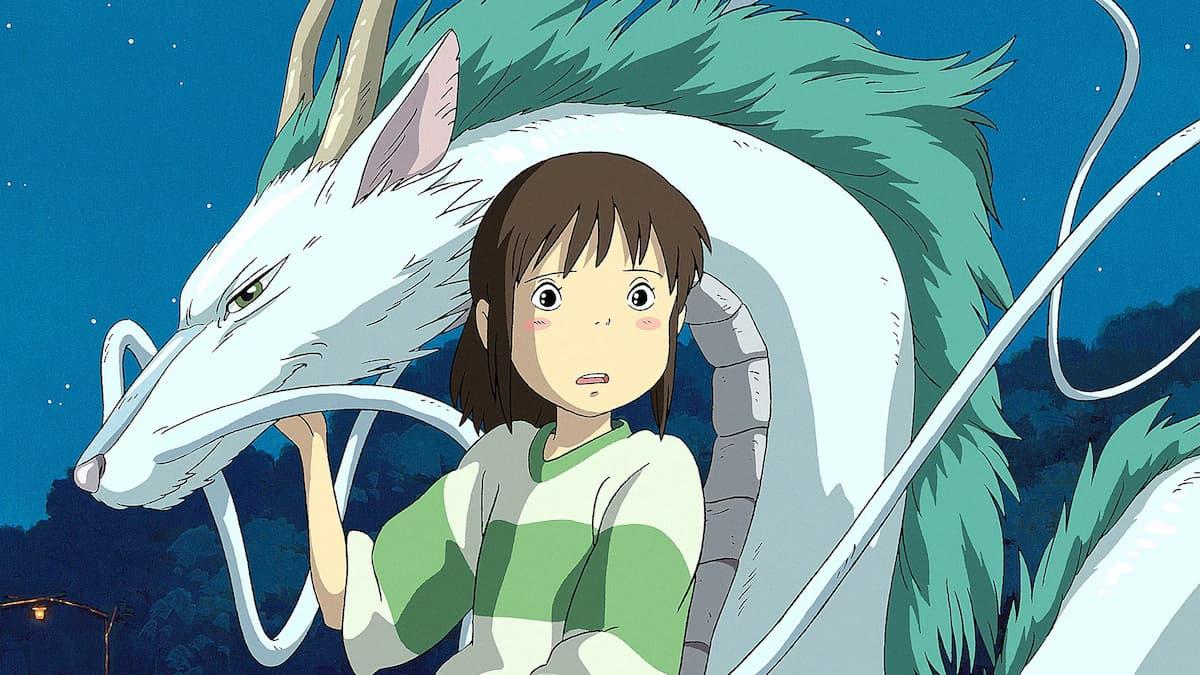If you click on a link and make a purchase we may receive a small commission. Read our editorial policy.
The bittersweet magic of Studio Ghibli: Why Hayao Miyazaki’s ‘cozy’ anime movies always hides something dark [Popverse Jump]
My Neighbor Totoro is the most cozy Ghibli movie out there and it is still moderately terrifying at places.

Enjoy this complimentary article, previously available exclusively for Popverse members. If you like what you see, consider becoming a Popverse member.
You don’t have to be an anime fan to love Studio Ghibli. They have a universal appeal that has made the studio and Hayao Miyazaki one of the most successful movie studios in Japanese history. However, every time I hear someone talk about how “cozy” and “wholesome” Ghibli movies are, I wonder if we’ve been watching the same films. A hallmark of Miyazaki’s work is the juxtaposition of comforting slice-of-life scenes with horror that borders on the grotesque at times, and that is what makes them so magical.
I don’t know if I would call this a revisionist history of Studio Ghibli’s legacy so much as it shows how easy it is to remember only the bits of their films that don’t challenge or scare you. Take My Neighbor Totoro, for example. I would consider it the coziest and most kid-friendly of Miyazaki’s work, so much so that I let my two-year-old son watch it (he loved it, by the way). And yet, its plot focuses on the fact that the girls’ mother has a disease that keeps her in the hospital and could kill her at any time. Sure, there is a lot of whimsy, and the scene where the kids help Totoro grow a giant tree in their back garden is beautiful, but it is all wrapped up in a pretty heavy plot.

The rest of the Studio Ghibli filmography I would describe as touches of whimsy wrapped in varying degrees of trauma. When Marnie Was There opens with the main character’s suicidal ideation. Porco Rosso is about a man with survivor’s guilt after his squadron was killed and he somehow lived. Princess Mononoke (my personal favorite Ghibli movie) is about the difficult balance between man and nature and the uncaring violence both sides can inflict on the other.
And then there is Spirited Away. Arguably Miyazaki’s masterpiece, it is the perfect example of this formula. There are moments of sweetness throughout, from the heroine Chihiro soaring through the sky on a dragon to her interactions with the other workers of the bathhouse. And then there are scenes of straight body horror as Chihiro’s family is turned into pigs and No-Face devours workers in the bathhouse in a gluttonous rage. Oh, but we will also have a nice, relaxing train ride to balance things out along the way because moments of peace within the chaos of life are important.

These themes aren’t an accident, by the way. Miyazaki has said that he believes “children understand intuitively that the world they have been born into is not a blessed world” and is determined to present that world as flawed and ugly and beautiful. There is joy and sadness. Pain and triumph. Both sides are important for his movies, and that is why he mixes these wholesome moments into the darkness.
So why do Ghibli movies have such a reputation for being nothing but cozy anime adventures? Partly because that is what sticks out in your memory when you’re finished. The violence of Princess Mononoke is overshadowed by the splendor of seeing the Forest Spirit rise over the treeline. Who can focus on the fear of losing a parent when there is a Cat-Bus to ride? These are the moments people talk about when the movie is over.
Maybe that is the true magic of Studio Ghibli and Hayao Miyazaki, that they can make you focus on the good in the world without ignoring the evil. As the ending credits roll, you can feel warmth love and joy despite being confronted with everything wrong with humanity. Somehow, they let us see the darkness while only focusing on the light, and that is what makes them special.
Want to know what's coming up next in pop culture? Check out Popverse's guides to:
Follow Popverse for upcoming event coverage and news
Find out how we conduct our review by reading our review policy
Let Popverse be your tour guide through the wilderness of pop culture
Sign in and let us help you find your new favorite thing.















Comments
Want to join the discussion? Please activate your account first.
Visit Reedpop ID if you need to resend the confirmation email.